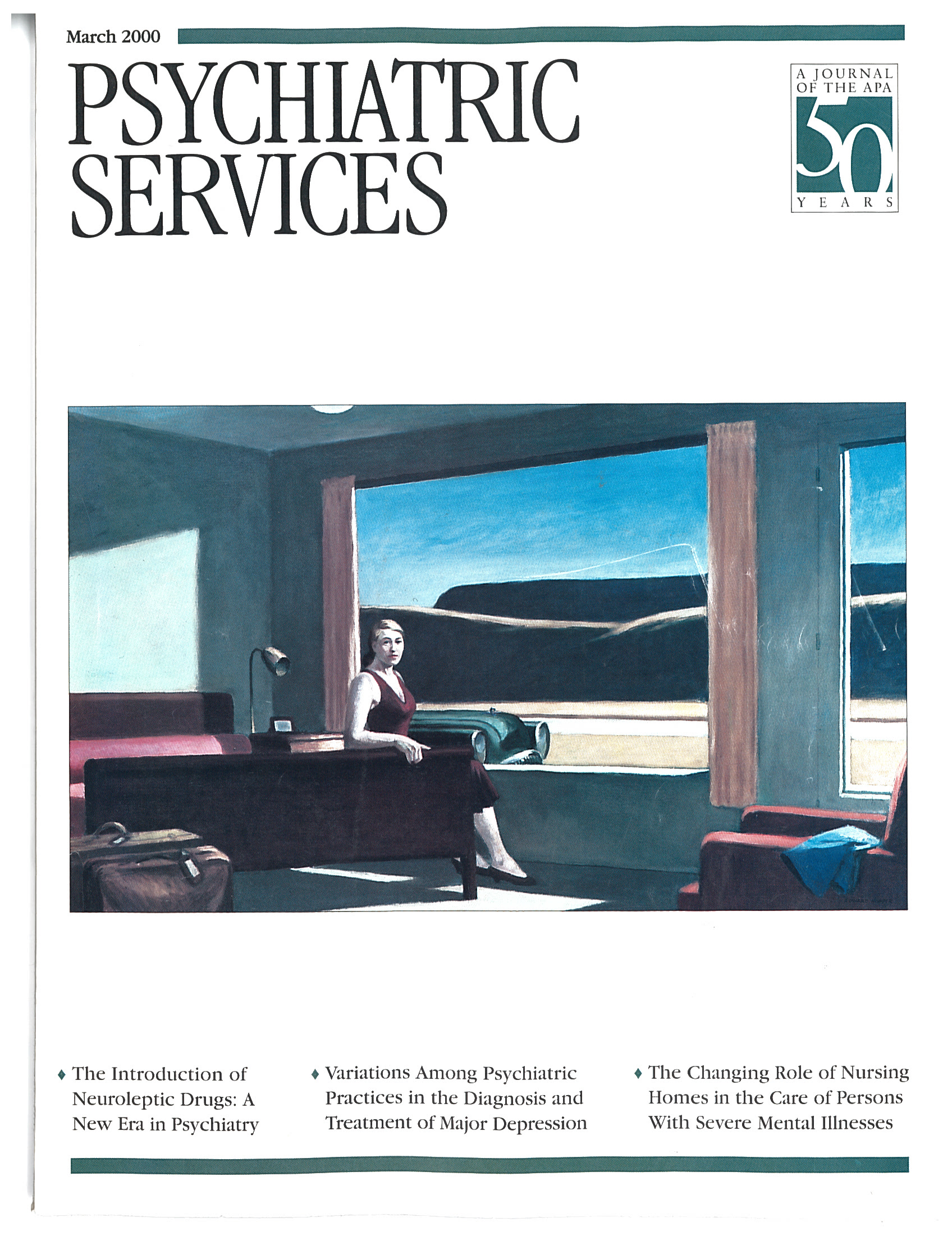A Self-Report Symptom and Problem Rating Scale to Increase Inpatients' Involvement in Treatment
Abstract
OBJECTIVE: The study sought to determine whether psychiatric inpatients who completed a self-report symptom and problem rating scale on admission and reviewed the results with a clinician would perceive at discharge that they had been more involved in their treatment than patients who did not complete the scale. METHODS: In a quasiexperimental design, 109 inpatients were assigned to one of three groups. Patients in one group met individually with a psychiatric resident to review their responses to the Behavior and Symptom Identification Scale (BASIS-32), a self-report outcome assessment tool. Patients' views of their difficulties were then used by the treatment team to build a therapeutic alliance and to inform treatment planning. The remaining two groups received treatment as usual by either a psychiatric resident or an attending psychiatrist. Patients' perceived involvement in decisions about their treatment, perceptions of other aspects of care, and treatment outcome were compared. RESULTS: Patients in the intervention group rated their involvement in decisions about their treatment significantly higher than patients in either of the comparison groups. Patients in the intervention group more frequently reported that they were treated with respect and dignity by the staff than did patients in the comparison group treated by attending psychiatrists. Compared with patients treated by attending psychiatrists, patients treated by residents, whether they received the intervention or not, were more likely to say that they would recommend the hospital to others. Treatment outcome did not differ among the groups. CONCLUSIONS: The results suggest that an outcome assessment tool can be used to engage patients in the treatment process.



